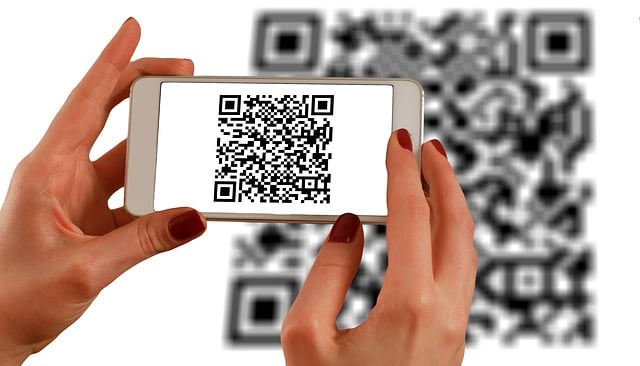Spam calls are regulated by the TCPA and New York's strict privacy laws. Victims can take legal action against unauthorized callers through spam call lawyers or spam call law firms in New York to seek compensation and protection. Reporting spam, blocking numbers, and contacting authorities or specialized lawyers are effective ways to combat unwanted phone solicitations. Businesses and individuals must obtain explicit consent for automated marketing calls.
In New York, dealing with unwanted spam calls is a common frustration. Understanding the legal ramifications of these calls is crucial. This guide equips New Yorkers with the knowledge to identify and report spam effectively. We break down the steps involved in reporting spam calls, highlighting the role of a spam call lawyer New York or spam call attorney New York. Discover your rights and options when facing persistent spam, and learn how a spam call law firm New York can assist in navigating these legal complexities.
Understanding Spam Calls and Their Legal Ramifications in New York
Spam calls, often characterized by unsolicited and repetitive phone calls promoting products, services, or investment opportunities, are a common nuisance for many New Yorkers. While some may consider them harmless, spam calls can have legal ramifications under the Telephone Consumer Protection Act (TCPA) of 1997. This federal law restricts companies from making automated or prerecorded phone calls to individuals without their prior express consent.
In New York, where privacy laws are stringent, a violation of these rules by a spam call lawyer or spam call attorney could result in substantial fines and legal repercussions. Victims of such calls have the right to take action against the offenders through a spam call law firm in New York. Engaging the services of experienced spam call lawyers can help individuals protect their rights, seek compensation for any financial losses incurred due to these calls, and send a strong message that such practices will not be tolerated.
Steps to Report Spam Calls Effectively: A Guide for New Yorkers
Reporting spam calls is an important step in protecting yourself and your fellow New Yorkers from unwanted and potentially harmful interactions. The first step is to identify the call as spam. Check if the caller’s number is unfamiliar or if they have left no message, especially if you’ve never interacted with them before. If a recorded message or automated voice prompts you to press a number for customer service or claims to be from a known organization, it could be a spam call.
Once you’ve confirmed it as spam, the next step is to document the incident. Note down the date and time of the call, the caller’s phone number, and any details about the message or interaction. You can then report the spam call to your service provider by blocking the number and filing a complaint. Additionally, consider contacting a spam call lawyer New York or a law firm specializing in this area. They can guide you on the legal aspects, help track down the source, and even take collective action against these persistent violators through their network of spam call attorneys New York and spam call law firms New York.
Your Legal Rights and Options When Dealing with Spam Calls in NYC
In New York, as in many states across the nation, there are strict laws governing unwanted telephone solicitations, including spam calls. According to state and federal regulations, businesses and individuals must obtain your explicit consent before making automated or prerecorded phone calls for marketing purposes. If you’re receiving harassing or fraudulent spam calls, you have legal rights and options available to protect yourself.
If a spam call lawyer in New York is needed, you can take action by reporting the calls to relevant authorities, such as the Federal Trade Commission (FTC) or your state’s attorney general’s office. Additionally, many phone service providers offer tools to block these calls. Consulting with a spam call attorney or law firm in New York can also help you understand your rights, file a lawsuit for damages if appropriate, and seek compensation for any financial or emotional harm caused by the unwanted calls.






